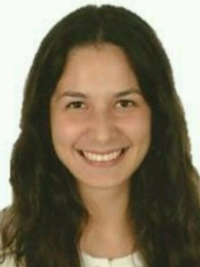
Catarina Neves
Catarina Neves completed her integrated Masters (Bsc & Msc) in Biological Engineering from Instituto Superior Técnico (Lisbon University, Portugal) in 2017. Throughout her studies, she endeavoured to complement the learnings taken from the taught program by doing industrial internships in the food and biotechnology field, namely in projects with AVECOM (Ghent, Belgium) and BIMBO (Lisbon, Portugal). Her graduation thesis, entitled “Removal of Impurities from Enzyme Solutions”, was carried out at DSM Food Specialties (Delft, Netherlands) and described the application of chromatography to remove DNA from food enzyme concentrates, showing the process development path from high throughput experimentation to pilot scale implementation. It was during the time spent at DSM that she discovered her passion for Downstream Processing technologies applied to food and biopharmaceutical products. From 2017 to 2019, she assumed the role of Associate Scientist in DSM Food Specialties division, building her knowledge on enzyme-based processing optimization and intensification, with expertise in chromatography. With the ambition of harness and further develop her understanding on bioprocesses, she decided to integrate CODOBIO project and, in particular, the Bioprocess Decisional Tools group led by Professor Suzanne Farid at University College London, which envisions the integration of business and process models to enhance the design of cost-effective bioprocesses, capacity planning and portfolio management.


